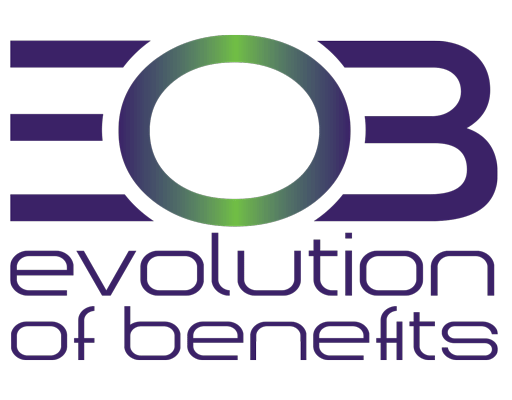Group Benefits
Whether your business size is 2 or 2000, we will create a benefits plan for your employees aligned with your business or organization’s goals and philosophies. We take a step back, listen, and learn, before we customize a plan with the proper industry benchmarks and data. This ensures that the process put into motion starts …
Individual Health Benefits
We provide quality health insurance coverage for individuals between the ages of 1 and 64. Using some of the same providers we use for commercial coverage, we bring peace of mind to individuals looking for quality health insurance for themselves and their families. We work with Exchange (Marketplace) based plans and Off-exchange (Marketplace) based plans. …
Voluntary Benefits
Voluntary benefits enhance core benefit packages and deliver added incentive without employers spending more on insurance. A solid voluntary benefit platform offers your employees the ability to purchase competitively-priced coverage, and in most cases without underwriting questions. Voluntary Benefits complement your core benefit strategy while reducing company costs and employee financial risk. Voluntary Benefits may …
Health Savings Accounts
Health Savings Accounts (HSA) were formed in January, 2004 as part of the Medicare Prescription Drug and Modernization Act. These programs replace Medical Savings Accounts (MSA). In essence, HSA have removed all of the negative requirements of an MSA and retained the positives. Health Savings Accounts are established on a non-taxable basis to reimburse individuals …
Healthcare Reimbursement Arrangements
By purchasing a high deductible health insurance plan, an employer reduces his/her premiums. From these premium savings, monies can be set aside to help offset some or all of an employee’s additional out-of-pocket liability. Healthcare Reimbursement Arrangements (HRAs) are part of the IRS code section 105 “defined contribution plans”. Final regulations were released in June …
ASO | Self-Funded
Under a self-funded approach, the employer assumes the risk for claims incurred and paid on its employees and their covered dependents. The employer would pay a fixed cost for the administration of the plan using a Third Party Administrator (TPA), or through an Administrative Services Only (ASO) arrangement with a major insurance carrier. Self-funding is …
























